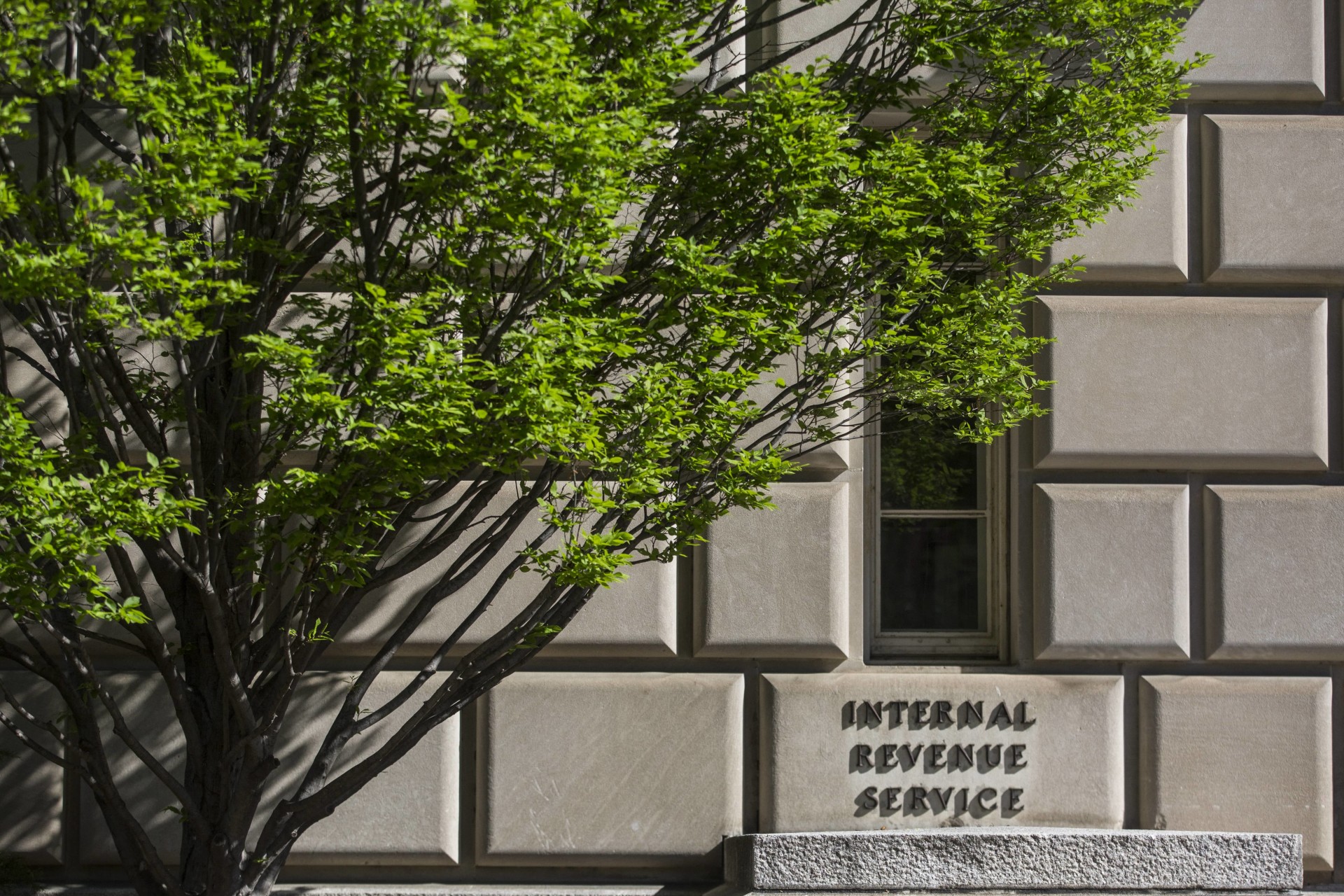Most property owners interview only one or two companies before making a decision, often focusing solely on management fees while missing crucial operational details that directly impact your bottom line and peace of mind.
We've worked with countless investors who initially chose a property manager based on price alone, only to switch companies within the first year due to poor communication, hidden fees, or lax tenant screening that led to problematic renters.
The questions outlined below are designed to reveal how a property management company truly operates. You'll learn exactly what answers signal quality service, which responses should raise immediate red flags, and how to evaluate whether a company is the right fit for your specific property and investment goals.
Experience and Company Background
1. How long have you been managing rental properties?
Look for a company with several years of experience in property management, as this typically means they’ve handled a wide range of situations. Be cautious if the company is brand new or is vague about their track record.
2. How many properties or units do you currently manage?
A company managing a healthy number of properties shows they’re trusted by other landlords.If they only manage a handful of rentals, ask why. This can sometimes signal a lack of experience or resources.
3. What types of properties do you specialize in (single-family, multi-family, etc.)?
Choose a manager who’s familiar with your type of property, because different property types can have unique challenges. For example, managing long-term tenants in a single-family home is quite different from managing large multi-family complexes.
4. Are you affiliated with any professional organizations or have national recognition?
Membership in industry groups, certifications like BBB, or being featured in publications like Fortune and The Real Deal indicates a commitment to professionalism and staying updated on best practices.
Services Provided and Fee Structure
5. What is your management fee and how is your fee structure set up?
Ask for a clear explanation of the management fee and whether it’s a flat rate or a percentage of rent collected. A flat fee structure can make budgeting easier and help you avoid surprises, since you’ll know exactly what you’ll pay each month regardless of rent price or fluctuations.
6. What services are included in your management fee?
A reputable company should provide a detailed list of what’s covered, such as rent collection, tenant communication, and routine inspections. If you get a generic answer, press for specifics.
7. Are there additional fees for specific services (leasing, renewals, evictions, maintenance, etc.)?
It’s common for companies to charge separate fees for leasing or renewals, but make sure you know exactly what’s extra and how much it costs. If the fee structure seems overly complicated or you’re hit with a laundry list of add-ons, the manager may not be the best match.
8. Do you offer full-service management or à la carte options?
Some companies let you pick and choose services, while others only offer all-inclusive packages. Choose what matches your needs, but be wary if the company can’t easily explain their pricing for options or tries to upsell you on services you don’t want.
Tenant Placement and Screening
9. What is your tenant screening process?
A streamlined application process paired with thorough screening - including credit history, ID verification, income, and, where applicable, background checks - helps find reliable residents without unnecessary delays.
10. How do you market vacant properties?
Look for a property manager who handles every aspect of marketing your rental, including professional photography, listings on multiple top rental sites, and even virtual tours to attract more qualified applicants. Bonus points if they use data-driven pricing tools to set competitive rates, which helps reduce vacancy and helps find great residents quickly.
11. What criteria do you use to approve tenants?
Ask for specifics about their approval standards, like minimum credit scores or income requirements. Consistent, well-defined criteria protect you from potential fair housing issues and help ensure great tenants.
Communication and Accessibility
12. Who will be my primary point of contact?
You’ll likely get the best service from a company that combines national resources with knowledgeable local staff. A single, consistent local point of contact usually means faster, clearer communication.
13. How often and by what methods will you communicate with me?
Look for a company that offers a modern online portal where you can easily communicate with your management team, track financials, monitor leasing activity, and quickly respond to maintenance requests.
14. How do you handle owner and tenant emergencies?
A good property manager should have 24/7 emergency response protocols in place. If emergencies are only handled during business hours or the process is unclear, your property and tenants could be at risk.
Rent Collection and Financial Reporting
15. What is your process for rent collection and handling late payments?
A professional property manager should have a streamlined, automated online rent collection system and a clear policy for addressing late payments. Consistently enforcing late fees can encourage tenants to pay on time, which helps your cash flow stay strong.
16. How and when will I receive my rental income?
Look for direct deposit options and a set payment schedule so you know exactly when to expect your funds. Reliable, predictable payments make it easier to manage your own finances and plan for future investments.
17. What types of financial reports do you provide, and how often?
Comprehensive, easy-to-read reports (income, expenses, cash flow, YTD earnings, maintenance, leases and renewals, etc.) should be available monthly, ideally through an online owner portal. Having easy access to detailed, up-to-date reports helps you monitor progress and spot trends before they become problems.
Maintenance and Repairs
18. How do you handle maintenance requests and repairs?
Look for a company that makes it easy for both residents and owners to submit and track maintenance requests online. The best managers have a responsive process, handle many issues in-house or virtually to save time and money, and keep you in the loop for approvals.
19. Do you have in-house maintenance staff or use third-party vendors?
A mix of in-house technicians and a vetted network of outside vendors means repairs can be handled quickly and cost-effectively. This combination also allows for more specialized work when needed, while still maintaining quality and fair pricing.
20. Is there a mark-up on maintenance or repair costs?
Ask if you’ll pay only the actual cost of repairs, or if there are additional mark-ups or hidden fees. Some companies negotiate volume discounts with vendors, which helps you save on both routine repairs and larger renovation projects.
21. How are maintenance costs approved and tracked?
You should be able to approve or deny maintenance requests easily, preferably online, and see a clear record of all work performed and costs incurred. Having this level of control and visibility helps you avoid surprise expenses and helps keep your investment on track.
Legal Compliance and Evictions
22. How do you stay updated on local, state, and federal landlord-tenant laws?
Choose a company that actively monitors changes in rental laws and provides ongoing staff training to ensure full compliance. Continuing education like this helps protect you from costly mistakes made by the property manager, and keeps your property operations running smoothly.
23. Do you handle evictions? If so, what is your process for handling them?
A professional property manager should have a clear, step-by-step eviction process and be willing to take care of all legal filings and court appearances on your behalf if necessary. Some companies even offer eviction protection plans that help cover legal fees and minimize your financial risk.
24. Have you had to handle any legal disputes, and how were they resolved?
A good manager will openly discuss past challenges and how they worked to resolve them, ideally with minimal disruption to owners and residents. An experienced company should have a track record of resolving disputes quickly and professionally.
Performance Metrics and Guarantees
25. What is your average vacancy rate?
A consistently low vacancy rate is a sign of effective marketing, tenant screening, and resident satisfaction. Ask for specific numbers and how they compare to local market averages.
26. What is your average time to fill a vacancy?
The best property managers have efficient marketing processes to minimize downtime between tenants, often filling vacancies within a few weeks or less. Quick turnaround times mean more stable rental income for you.
27. Do you offer any guarantees (tenant placement, eviction protection, satisfaction, etc.)?
Some companies offer rental income or eviction protection plans, which can provide peace of mind by covering lost rent or legal costs if a tenant defaults. Guarantees like these show the property manager has confidence in their screening process and commitment to your investment’s long-term success.
Contract Terms and Termination
28. What is the length of your management agreement?
Typical agreements range from month-to-month to a year or longer, so make sure the term meets your needs and comfort level. Flexibility can be a plus if you’re hiring a new property manager or want to test out a company before committing long-term.
29. What are the terms for terminating the agreement early?
Ask for clear details on how you can end the contract if you’re not satisfied. Look for reasonable notice periods (such as 30-60 days) and straightforward procedures. Avoid companies that make it difficult or expensive to exit the agreement.
30. Are there any penalties or fees for canceling the contract?
Some companies charge early termination fees, while others may let you leave at no extra cost. Make sure you understand any potential charges up front so there are no surprises if you decide to move on.
Discover the Mynd Difference
Choosing a property management company is one of the most important decisions you’ll make as a rental property owner.
Mynd combines local market expertise with innovative technology, providing you with real-time access to your property’s performance and a dedicated team that understands the unique dynamics of your market. With Mynd’s investor portal, you can track financials, manage maintenance requests, and communicate with your management team—all from one intuitive platform.
Our straightforward, flat-fee pricing means no hidden charges, and our network of in-house technicians and vetted vendors ensures quality repairs at fair rates. Plus, with protections like our rental income and eviction coverage (up to $3,000 for lost rental income when placing residents for investors, and up to $3,000 in court costs and legal fees if eviction of a Mynd-placed resident becomes necessary due to lease violations), you can rest easy knowing your investment is backed by industry-leading safeguards.
With more than 20,000 homes under management in over 40 markets, Mynd’s local teams are ready to help you maximize returns and minimize hassle. Take the next step and see how Mynd can elevate your rental property experience in your market.
Learn more about Mynd’s property management services.




